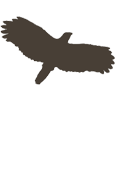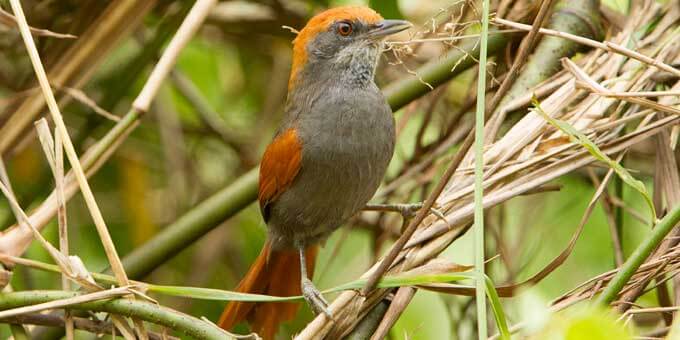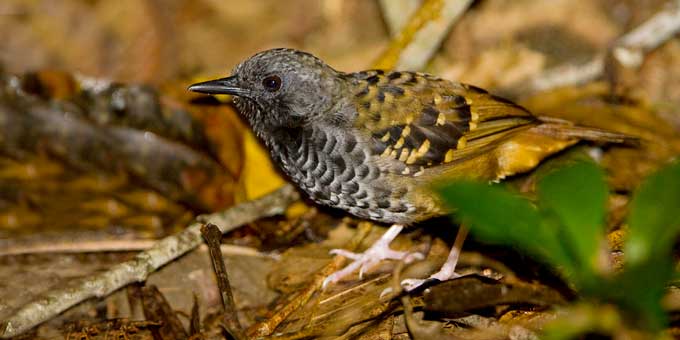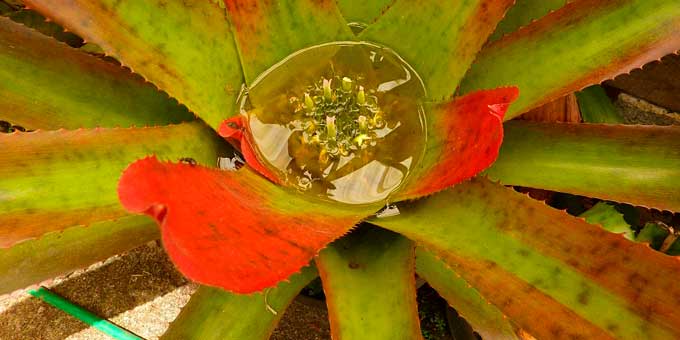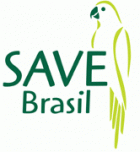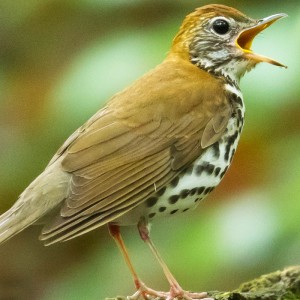Brazil's Atlantic Rainforest is among the most biodiverse regions in the world. But despite its spectacular diversity, the rainforest is under extreme threat from human development. To help conserve this fragile landscape and the many threatened bird species that depend upon it for survival, ABC is working with local partner SAVE Brasil to purchase and protect 181 acres of critical habitat. Will you help us purchase this land and save Brazil's rarest birds?
These acres will provide much-needed habitat for the Seven-colored Tanager and other threatened birds while expanding an existing reserve that supports a profusion of vulnerable tropical wildlife, including the Maned Three-toed Sloth.
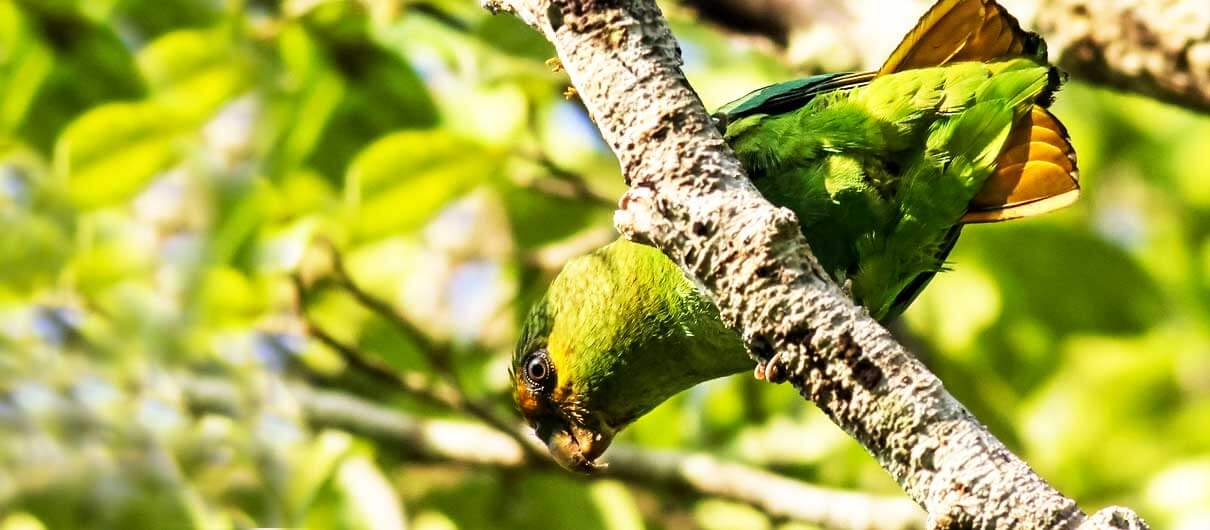
The Golden-tailed Parrotlet is just one of several species in the Atlantic Rainforest that is classified as globally threatened. Photo by Vivek Tiwari
The Atlantic Rainforest
The Atlantic Rainforest once stretched unbroken over an area twice the size of Texas. Today, only 8% of the original rainforest remains, and much of that is severely fragmented. Still, its biodiversity rivals that of the much larger Amazon, and it is home to approximately 2,200 species of birds, mammals, reptiles, and amphibians. Nearly 200 of its bird species—among them the critically endangered White-collared Kite and the endangered Alagoas Tyrannulet—are uniquely adapted to the region and are found nowhere else on earth.
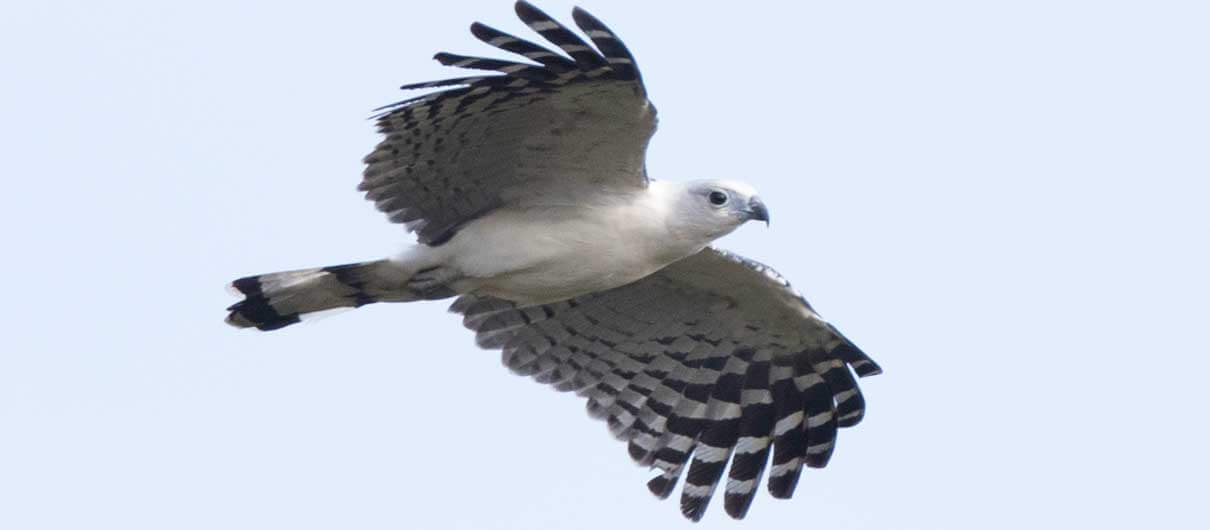
The critically endangered White-collared Kite is one of many species that relies on Atlantic Rainforest. Photo by Ciro Albano
Bird Conservation in Brazil's Pernambuco state
The Pedra D'Anta Reserve, located within the Serra do Urubu forest, protects one of the last large fragments of Atlantic Rainforest left in Brazil's Pernambuco state. Despite the fact that 98% of the forest in this area has been destroyed, the reserve sustains a healthy and exceptionally diverse bird population. Scientists have recorded a total of 257 bird species here, several of them globally threatened. These include endemic birds that live only in the northern Atlantic Rainforest like the Orange-bellied Antwren, Scalloped Antbird, and Pinto's Spinetail.
The threats to these species increases with each acre of forest that is cleared for charcoal production or illegal timber extraction. These destructive activities have already fragmented much of the Atlantic Rainforest in Pernambuco and threaten to degrade and destroy what remains. With your help, ABC can prevent further loss of this unique habitat and save Brazil's rarest birds.
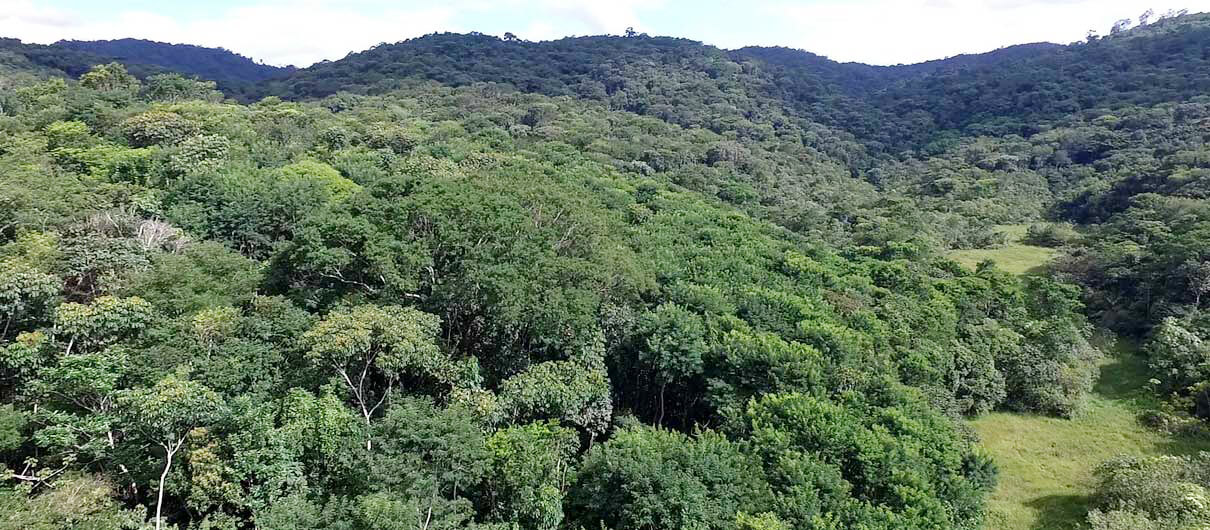
The Serra do Urubu Important Bird Area is a complex of forest patches, and among the most threatened tropical forests of the world.
Our Protection Plan
To increase protection for the rare birds and wildlife of the Pedra D'Anta Reserve, ABC and SAVE Brasil are collaborating to buy two vitally important tracts of Atlantic Rainforest. These properties will expand the reserve by 181 acres and provide its birds, animals and plants with much-needed habitat. Ensuring these parcels remain intact will also improve connectivity between remaining forest fragments in the region and serve as a lifeline for species that travel among them to survive. These are areas that we have been pursuing for several years and finally have the chance to buy. Donate today and help us take advantage of this special opportunity and save Brazil's rarest birds.

Enlarged Area
The existing Pedra D’Anta Reserve that is owned and managed by SAVE Brasil is 889 acres in size and adjacent to another private reserve called Frei Caneca, owned by a local sugarcane factory to help protect the watershed.
American Bird Conservancy is the Western Hemisphere’s bird conservation specialist—the only organization with a single and steadfast commitment to achieving conservation results for native birds and their habitats throughout the Americas. With a focus on efficiency and working in partnership, we take on the toughest problems facing birds today, innovating and building on sound science to halt extinctions, protect habitats, eliminate threats, and build capacity for bird conservation.
SAVE Brasil (Society for the Conservation of Birds in Brazil) is a non-profit organization that works for the conservation of birds in Brazil, their habitats and biodiversity in general, and working with people towards sustainability in the use of natural resources. Their work focuses on three main areas: the research and conservation of threatened birds and on the identification and monitoring of important bird areas; educating local people on the importance of birds and biodiversity; and developing environmentally sustainable economic alternatives and good governance tools to empower local communities and improve the quality of life of local people.






































